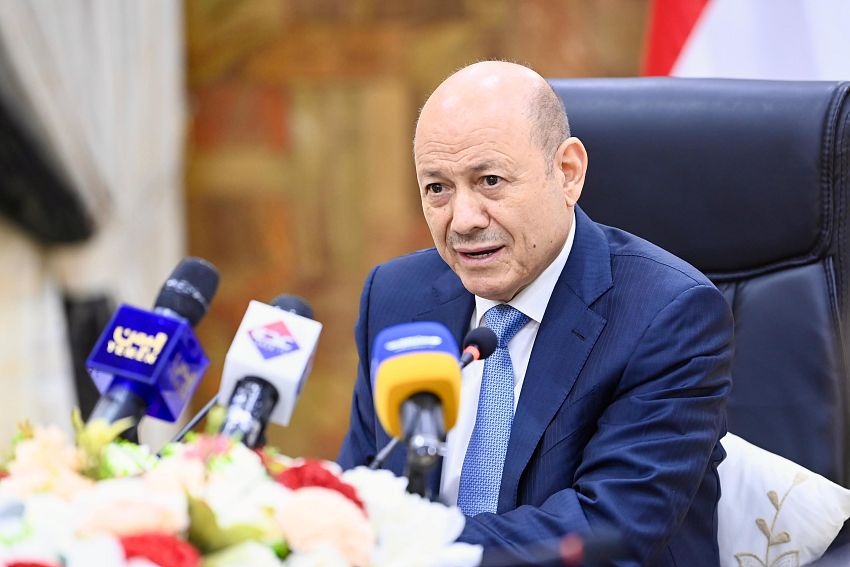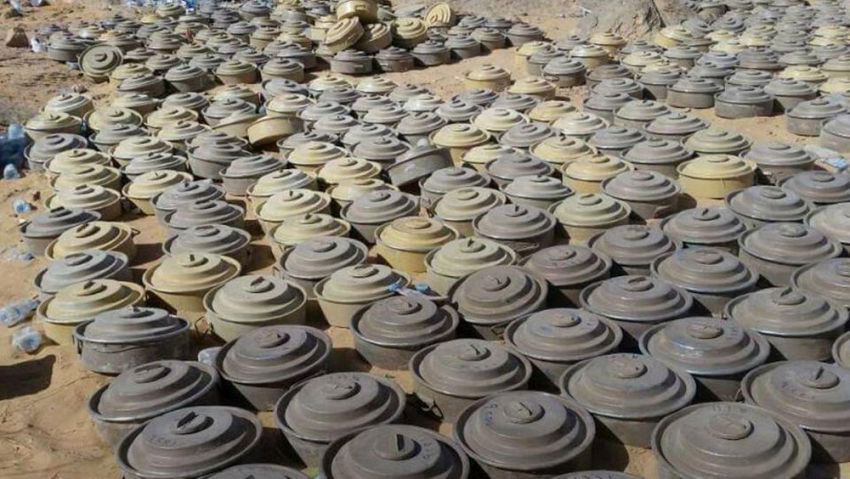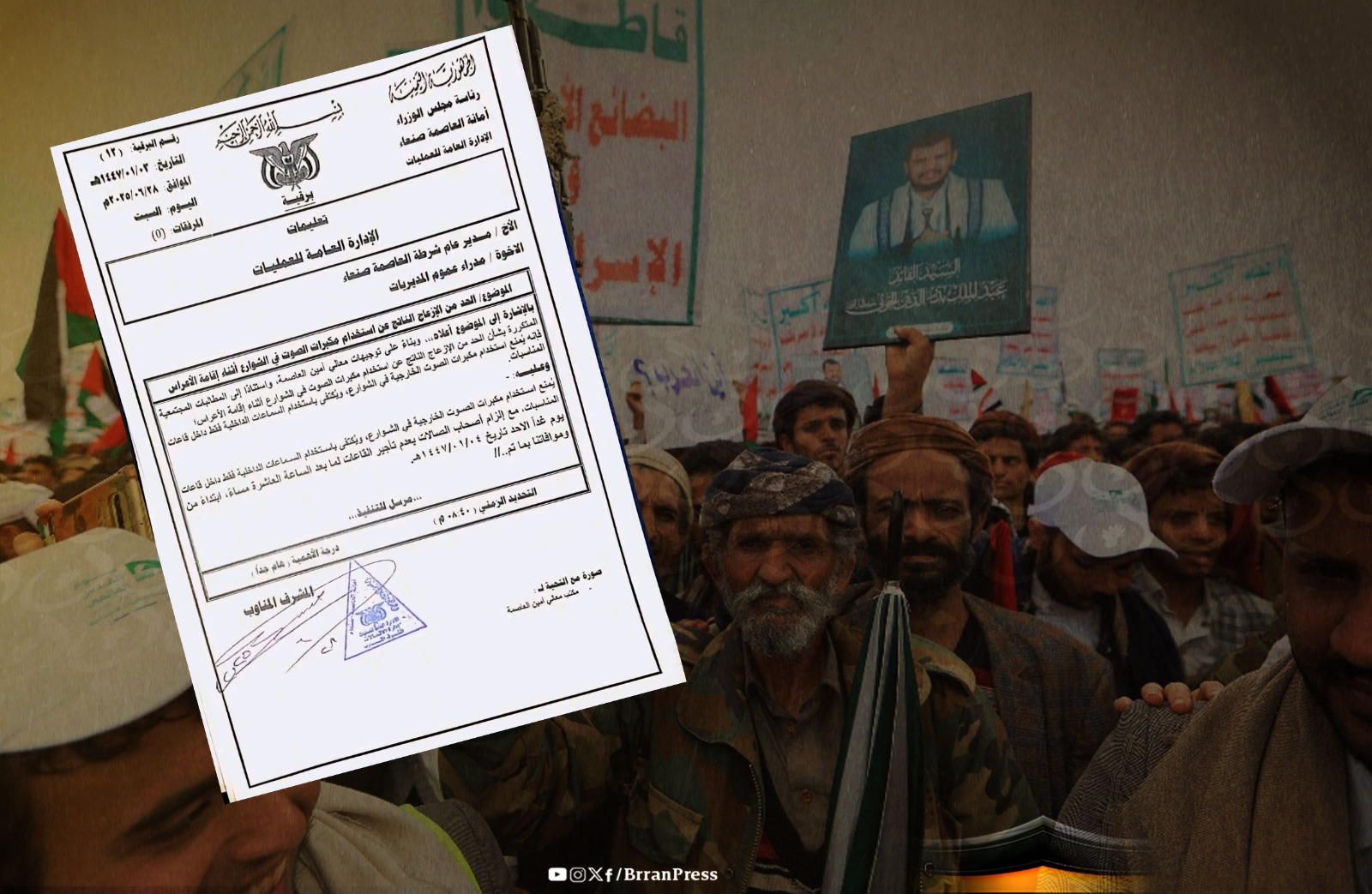
Barran Press
Yemeni President Rashad al-Alimi outlined a three-phase roadmap for peace in Yemen on Tuesday, July 30th, 2024, emphasizing the need for a ceasefire, economic and humanitarian measures, and a subsequent dialogue leading to a transitional period.
Speaking to representatives of political parties and factions in Hadhramaut province, al-Alimi stressed that the first phase of the roadmap would focus on building trust through a ceasefire and economic and humanitarian initiatives. The second phase would involve a Yemeni dialogue to establish the foundations for a new transitional period, which would constitute the third and final phase.
Al-Alimi accused the Houthi rebels of deliberately obstructing peace efforts and misleading the public about the roadmap's contents. He denounced their "proxy wars" against the international community, including attacks on merchant vessels and international shipping lanes.
The President highlighted the Houthis' continued attempts to extort the world and militarize Yemen, citing their unilateral announcement of new flight routes without prior approval from concerned countries.
Despite the challenges, al-Alimi emphasized the government's commitment to fulfilling its obligations, including regular salary payments for employees and securing necessary imports, with support from Saudi Arabia and the United Arab Emirates. He underscored the importance of political unity in countering the Iranian-backed Houthi project.
Al-Alimi highlighted the progress made by the Presidential Leadership Council in reviving the judiciary, unifying and integrating armed forces, and strengthening the role of the Supreme Security Committee. He attributed the improved security situation in Aden, Hadhramaut, and other liberated provinces to these efforts.
The President also emphasized the council's commitment to promoting efficient governance, strengthening ties with the coalition leadership and Gulf Cooperation Council countries, and bolstering the country's deterrent capabilities. He cited the economic policy, including decisions by the Central Bank of Yemen to protect the banking sector and combat money laundering, as evidence of this commitment.
Al-Alimi assured the political parties that the government still possesses numerous pressure tactics and that the ongoing dialogue with political factions is a testament to the strengthening of relations within the legitimacy framework.
Council member Othman Majli echoed the President's sentiments, highlighting the Houthi's true intentions as a threat to peace and urging political factions to strengthen the internal front and preserve the civilian character of Hadhramaut.
The recent agreement between the internationally recognized Yemeni government and the Houthi rebels, brokered by the UN Special Envoy for Yemen, Hans Grundberg, has seen progress in de-escalation measures concerning the banking sector and Yemenia Airlines. The agreement includes the suspension of recent decisions against banks by both sides, the resumption of Yemenia flights between Sana'a and Jordan with increased frequency, and the establishment of meetings to address administrative, technical, and financial challenges facing the airline.
While the government has implemented its commitments, concerns remain about the Houthis' history of reneging on agreements. Council member Othman Majli acknowledged these concerns, stating that the Council's efforts to de-escalate are intended to provide the regional and international community with an opportunity to revive comprehensive and just peace efforts based on established principles.
The roadmap and peace efforts in Yemen have been stalled since November 2023 due to Houthi attacks on merchant vessels in the Red Sea, Arabian Sea, and Gulf of Aden.





